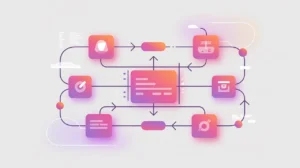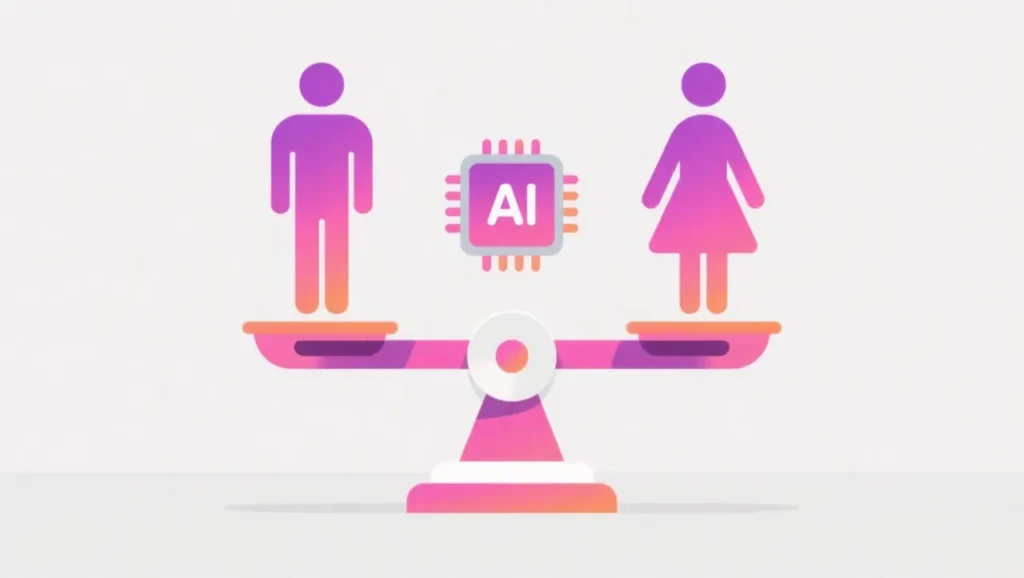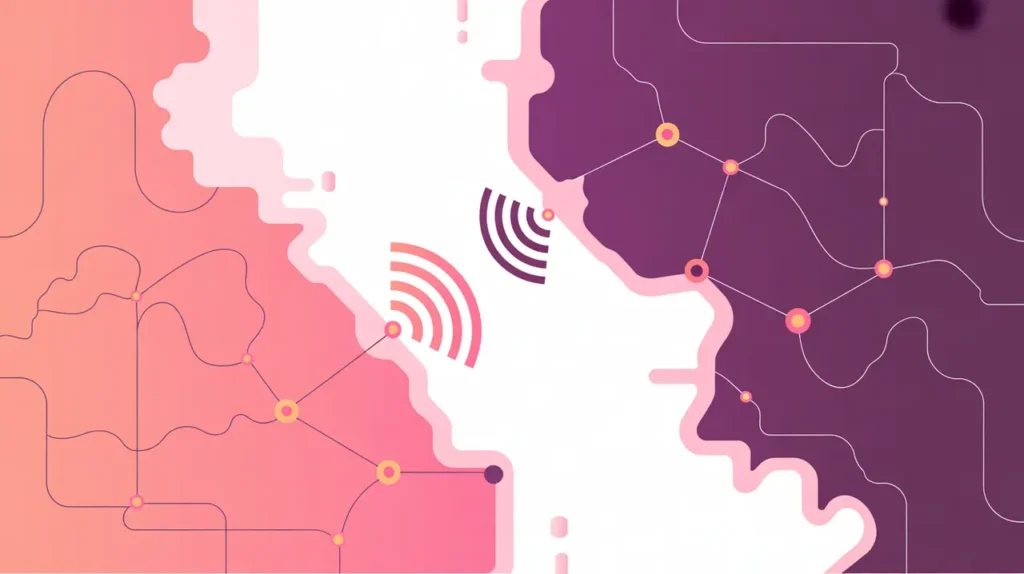Importance of Knowledge Commons
Knowledge Commons refers to shared pools of information, data, and resources that are collectively managed and made accessible for the benefit of all. In the digital era, commons-based models enable collaboration across borders, fostering innovation and inclusion. Its importance today lies in the fact that AI systems depend heavily on access to knowledge, yet much of it is controlled by private entities or restricted through paywalls, creating inequities in who can build and benefit from technology.
For social innovation and international development, knowledge commons matter because they ensure that essential information is not concentrated in the hands of a few but is available to communities, researchers, and practitioners striving to create social good.
Definition and Key Features
The concept of commons has roots in shared natural resources like grazing lands, later extended to knowledge and information by thinkers such as Elinor Ostrom. In digital contexts, knowledge commons include open data platforms, open educational resources, and open-source software. Governance is key: commons must balance openness with protections against misuse, inequity, or degradation of quality.
They are not the same as public goods, which are universally available but often state-provided. Nor are they equivalent to proprietary knowledge systems, which restrict access and use. Knowledge commons rely on collective stewardship and shared responsibility.
How this Works in Practice
In practice, knowledge commons can take many forms: an open repository of climate data to support adaptation planning, collaborative medical datasets for AI-driven diagnostics, or open educational resources to democratize learning. These commons reduce duplication, accelerate innovation, and enable localized adaptation.
Challenges include ensuring inclusivity (who contributes and who benefits), protecting sensitive data while maintaining openness, and sustaining resources over time without over-reliance on volunteers. Power dynamics matter: even in commons, dominant actors can shape governance in ways that marginalize others.
Implications for Social Innovators
Knowledge commons are transformative for mission-driven organizations. Health programs can leverage shared research databases to improve diagnostics in low-resource settings. Education initiatives benefit from open content that reduces dependency on costly proprietary platforms. Humanitarian agencies use shared mapping tools like OpenStreetMap to coordinate crisis response. Civil society groups champion commons-based models as alternatives to extractive, proprietary approaches.
By building and sustaining knowledge commons, organizations advance equity, foster collaboration, and ensure that information serves as a collective asset for social impact.







